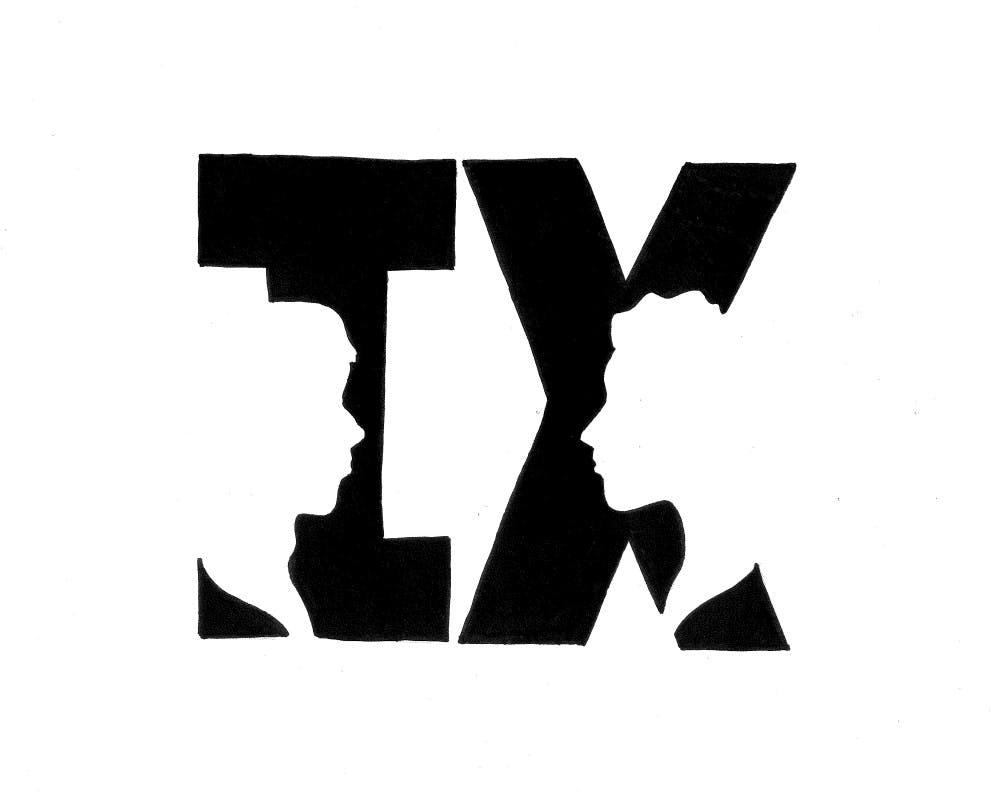Nov. 16, 2018, U.S. Secretary of Education Betsy DeVos introduced her plans to alter the guidelines of combating sexual misconduct on university campuses. Since the announcement, the public was given 60 days to bring forward concerns about the proposed change. Eleven days remain until it is too late and yet, outcries are not being publicized or even discussed.
According to an article published by the Associated Press on the same day of the announcement, DeVos said, “We can, and must, condemn sexual violence and punish those who perpetuate it, while ensuring a fair grievance process. Those are not mutually exclusive ideas. They are the very essence of how Americans understand justice to function.”
Though this statement abides by the “innocent until proven guilty” stance, her proposition will fail to provide this stance.
The day DeVos proposed her new policy, The Cut provided “the most terrifying parts” of the policy, and I think the points are impactful.
The following are the main points:
1. The involvement in cases will only be with those that occur on college campuses. As of now, the policy allows institutions to investigate cases that involve college students and faculty on and off campuses.
2. Cross-examination will be an opportunity given to the accused, speaking to DeVos’ idea of “fair process”. This will make it harder to punish the accused.
The present policy mandates that a fair investigation between both parties, but DeVos’ policy and new definition will prevent the accuser from moving forward and prohibit the accuser from providing evidence without harshly reliving the experience, thus diluting investigations with emotional strain. This fuels the potential to silence the accusers and cases, and further shame the victims.
3. The definition will become more specific, therefore, narrowing it. DeVos’ definition narrows cases that are considered severe enough to prevent the accuser from obtaining fair access to their education. This discourages the victims, alluding to the idea that some cases are irrelevant or not “big enough” to be investigated.
Know Your IX, an organization that focuses on bringing an end to gender violence in schools across the nation, said on Twitter that the public tends to "forget that this rule will affect K-12 students, in addition to college students." This fact is important when thinking about the impact of the changes presented for sexual misconduct in educational institutions.
DeVos’ changes will not just affect the adults that thrive on university campuses. The rules will affect all ages.
DeVos’ changes will damage the definition of sexual misconduct across college campuses and lower-level institutions, and policies will take a step backward from the discussion presented in the past two years. With the Time’s Up Movement in the entertainment industry, the testimony of Dr. Christine Blasey Ford and the scrutinization of conduct in the workplace and amongst young people, the definitions of sexual harassment and misconduct are topics that are being given light and further deliberation.
America has 11 days. Will we speak up?






